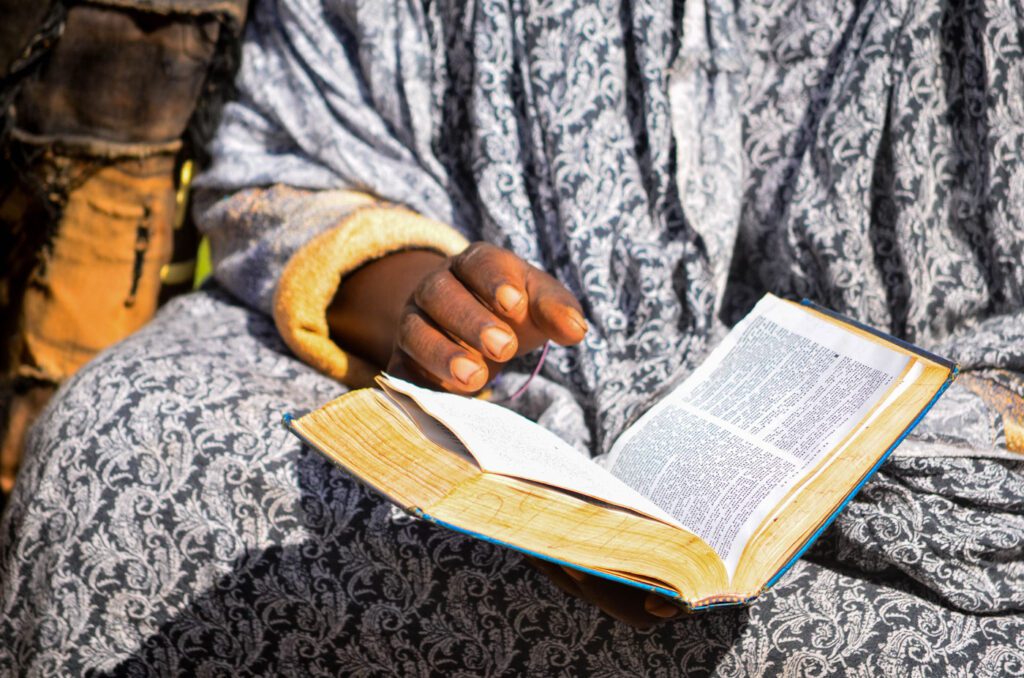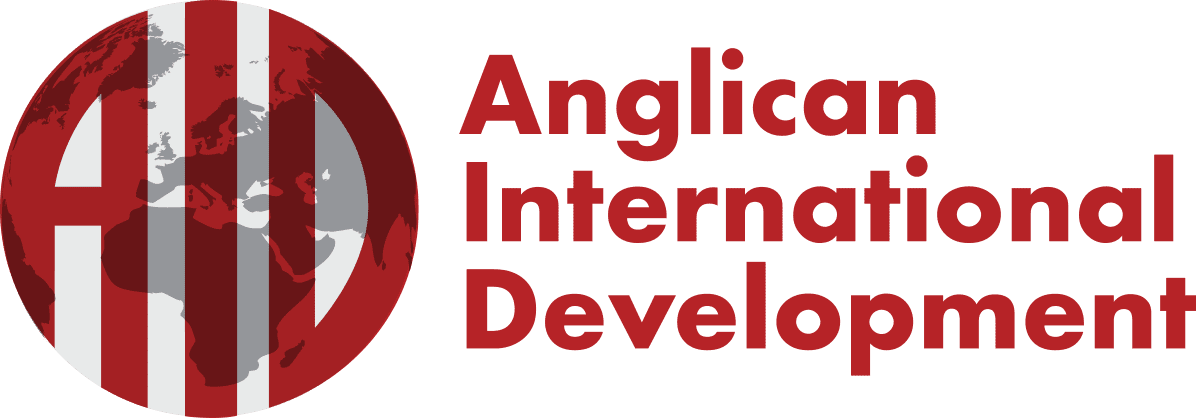Meet the women who are developing businesses in the face of poverty to provide for their families.
Strengthening Churches
Strengthening Churches
There are fewer than 200 doctors in South Sudan yet there are 200 pastors in Juba, the capital, alone. The average congregation size for Juba is 200 and pastors can be found up and down the country in rural areas and towns, leading congregations, as well as communities, where government structures are weak or lacking.



The overwhelming majority of the population identifies itself as Christian and the churches within the country form a network which has survived the ravages of the civil war. Due to the Church’s reliability and endurance during the civil war, it is well-respected and trusted at a national level as well as within local and regional communities. The Church is active at all levels of governance and, with over 155 tribal groups each possessing their own language and culture, it has the potential to heal internal divisions within South Sudan and unite people from across the country. Indeed, the Church was influential in bringing about the Comprehensive Peace Agreement that ended the Second Sudanese Civil War in 2005.
Whilst widespread and influential, the Church in South Sudan is under-resourced. Most pastors have had little training and very few believers have their own Bible. Therefore, as well as working with the Church to carry out development projects, AID is also deeply concerned to build the capacity of churches in South Sudan.





